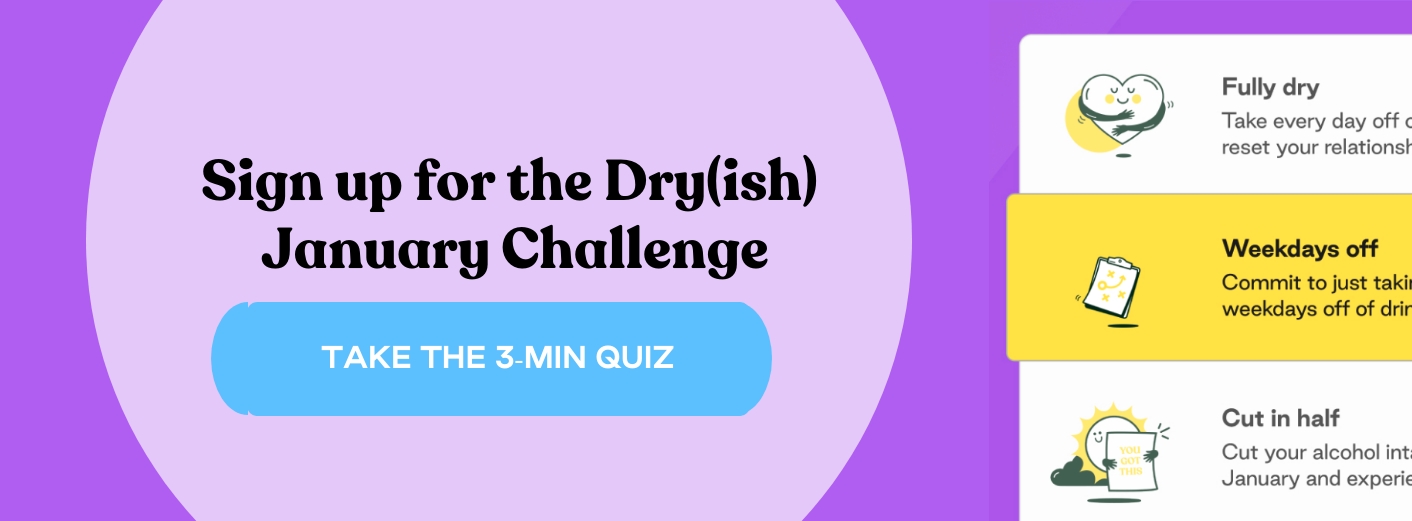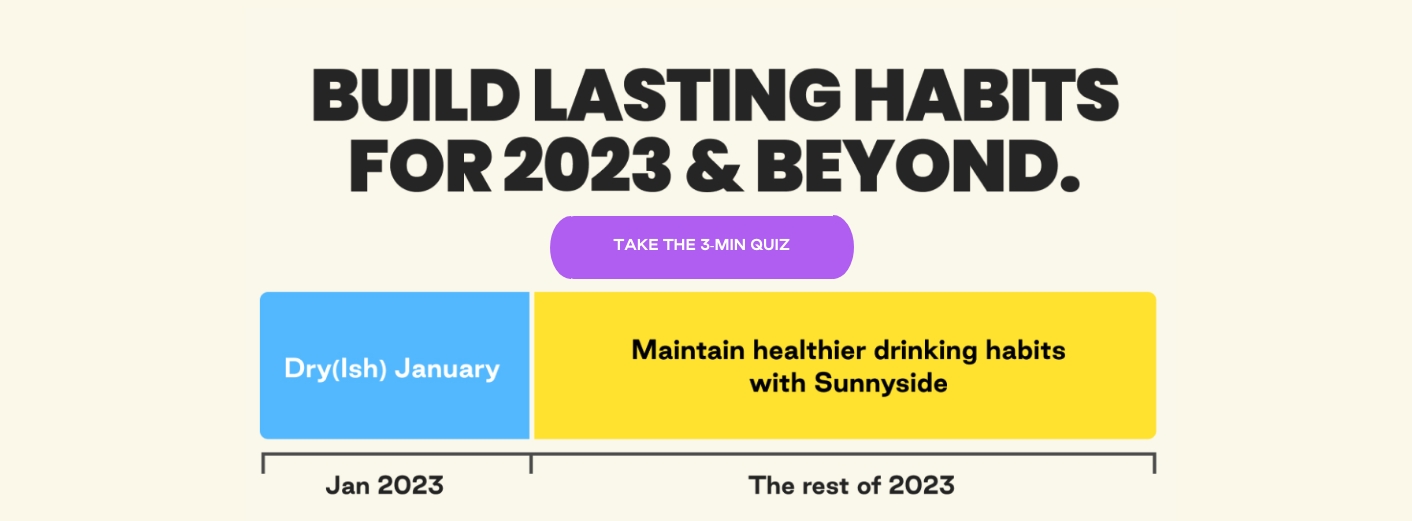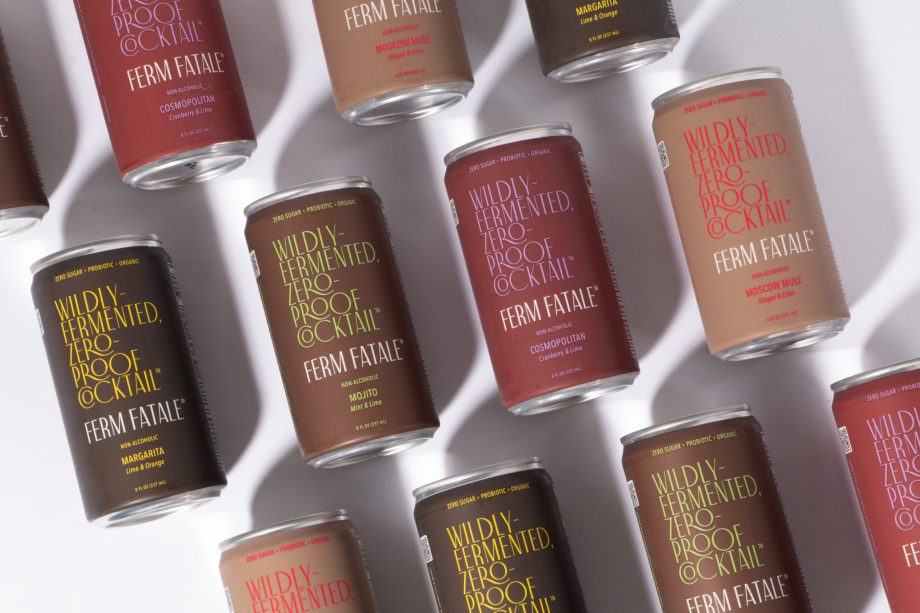Last Updated on May 19, 2023
It’s not uncommon knowledge that alcohol is a depressant and a numbing agent. When consumed excessively, alcohol contributes to an increased likelihood of illnesses such as cancer and liver disease as well. Since the pandemic, alcohol consumption has increased drastically, and many individuals are still working on reducing their intake post-Covid.
Thankfully, there is more research and education around the long-term effects of heavy drinking and many are beginning to practice more mindful drinking and are becoming more aware of the benefits of moderating consumption.
What is also becoming public knowledge is the influence of the gut/brain connection with rising autoimmune and inflammatory conditions aplenty. A lot of us have concerns about having and keeping a healthy immune system.
The trend towards moderating alcohol amongst the younger generations in the past 10 years has increased substantially. This gives great hope for overall collective consciousness in my humble opinion.
With 80% women suffering from autoimmune conditions these days, many people in general recovering from a global pandemic emotionally or physically, gut health is finally being appreciated in its importance.
Women just don’t tolerate alcohol like men do and the rising cancer stats show it. Our gut wall houses 70% of the cells that make up our immune system. If you are immunocompromised, the negative effects of just two drinks can wreck a woman’s hormone function thus making moderating alcohol consumption and healing the gut imperative.

The Link Between Alcohol and Gut Health
Trust me, I love a good margarita every once in a while, but regular alcohol consumption causes gut inflammation. Inflammation can lead to leaky gut and bloating.
Leaky gut can lead to auto-immune reactions. Alcohol affects our immune system by causing imbalanced gut bacteria while deteriorating gut microbiota and depleting B & C vitamins, antioxidant levels, digestive enzymes and acids, not to mention the dehydration it causes. Water levels affect lymph flow and toxin release.
Higher levels of alcohol destroy a healthy gut microbiome, starting from the moment it enters your mouth, killing the healthy microbiome in your mouth to start.
Since your gut has a second brain and its own nervous system, the microbiota in your gut communicates through our nervous system, which in turn affects the immune system in the brain.
There are millions of neurons in the gut. Heavy alcohol use promotes intestinal inflammation through multiple pathways. The GI tract and the liver are both at particular risk for damage by toxins, especially this class 1 carcinogen.
As we all know, mounting research suggests gut health has a significant impact on our body’s overall health. In fact, researchers have discovered that alcohol, particularly consumed chronically and in large amounts induces inflammation through the entire body. This inflammation may be the root cause of chronic liver disease, neurological diseases, GI cancers, and inflammatory bowel syndrome just to name a few.

Let’s talk about Hangxiety.
The gut makes 95% of the serotonin and 50% of the dopamine for the brain. Add liquid fire (alcohol) to create instant anxiety and depression (or hangxiety), lowering our inhibitions to help influence good decision making, and keep us in cycles of addiction, codependency, and avoiding unresolved trauma and the need for transformation of limiting core beliefs.
I am not here to convince you to quit alcohol entirely, but to better understand the causes that alcohol can impact your overall health (mental, emotional, physical, and spiritual) and that starts with your gut.
The gut has its own response to alcohol which suppresses T-cells. Research has also proven an immune response happens in the brain causing oxidative stress, inflammation, and activation of the ‘brain reward pathways’ which creates further alcohol cravings.
What’s even more concerning are the effects on the brain’s functions, but it doesn’t end there. Increased inflammation causes the body to produce stress hormones becoming a feedback loop.
Alcohol affects the immune system in several ways and most importantly disrupts GI flora. Alcohol also metabolizes quickly into sugar and immune cells are paralyzed by sugar.
All of the variables in our life and body have an effect on our health, stress being the biggest. Other factors that affect our immune system are sleep, food, relationships, physical activity, infections, pathogens, and toxins. Alcohol falls into a lot of these categories!
It’s a sort of food, it’s used for relaxation, as a coping mechanism for stress, yet it’s also a toxin. Alcohol has a complicated influence on our immune system and many mechanisms still yet to be studied.
One thing we know for sure is a lot of folks with autoimmune disease have shown to have a very low tolerance to alcohol, with bad hangovers not just the following day but for up to a week or two feeling tired and out of sorts.

Here Are 5 Tips to Maintain Gut Health if partaking in Alcohol consumption:
1) Keep a daily drink log in general:
Apps like Sunnyside are great examples of tools that help you plan and track your drinking, keeping you mindful of your overall consumption.
2) Decide how much you are going to drink before you go out:
By setting limitations for yourself, and sticking to those goals, you can still enjoy the social aspects of drinking, without overdoing it. Sunnyside’s coaches are there to keep you accountable and on track.
3) Increase Water intake–Drink half of your body weight in oz in a day:
Water helps keep you hydrated and sends oxygen to your brain. Since alcohol is a dehydrant, it’s important to refuel your body with plenty of water.
4) Avoid drinking alcohol 6 hours prior to bedtime:
Drinking small amounts of alcohol earlier in the day and letting your liver metabolize each drink is important. Again, having a plan to say ‘no’ to alcohol is best. You don’t have to drink alcohol to partake in social events, but if you do limit it and to combine your intake with food.
5) Bring your own functional Gut Healthy non-alcoholic bevvies that support your goals & beliefs.
Celebrate your choices. Share them with those that matter, make a difference for someone else by being present and a good influence to yourself and others. It’s 2023, Level up.
Ferm Fatale is offering all Sunnyside readers a code SUNNYSIDE20 to save on zero sugar non-alcoholic drinks delivered to your door just in time for your Dry(ish) January.
Final thoughts
There are plenty of alternatives on the market now to help you stay mindful in your journey to cutting back on alcohol. Click here to join Ferm Fatale’s free 21 Day Sugar Challenge which starts January 1, and sign up for Sunnyside’s Dry(ish) January challenge.
Maintaining a healthy gut and feeling better overall doesn’t need to be an obstacle. Start cutting back gradually, and wake up with brighter mornings.




